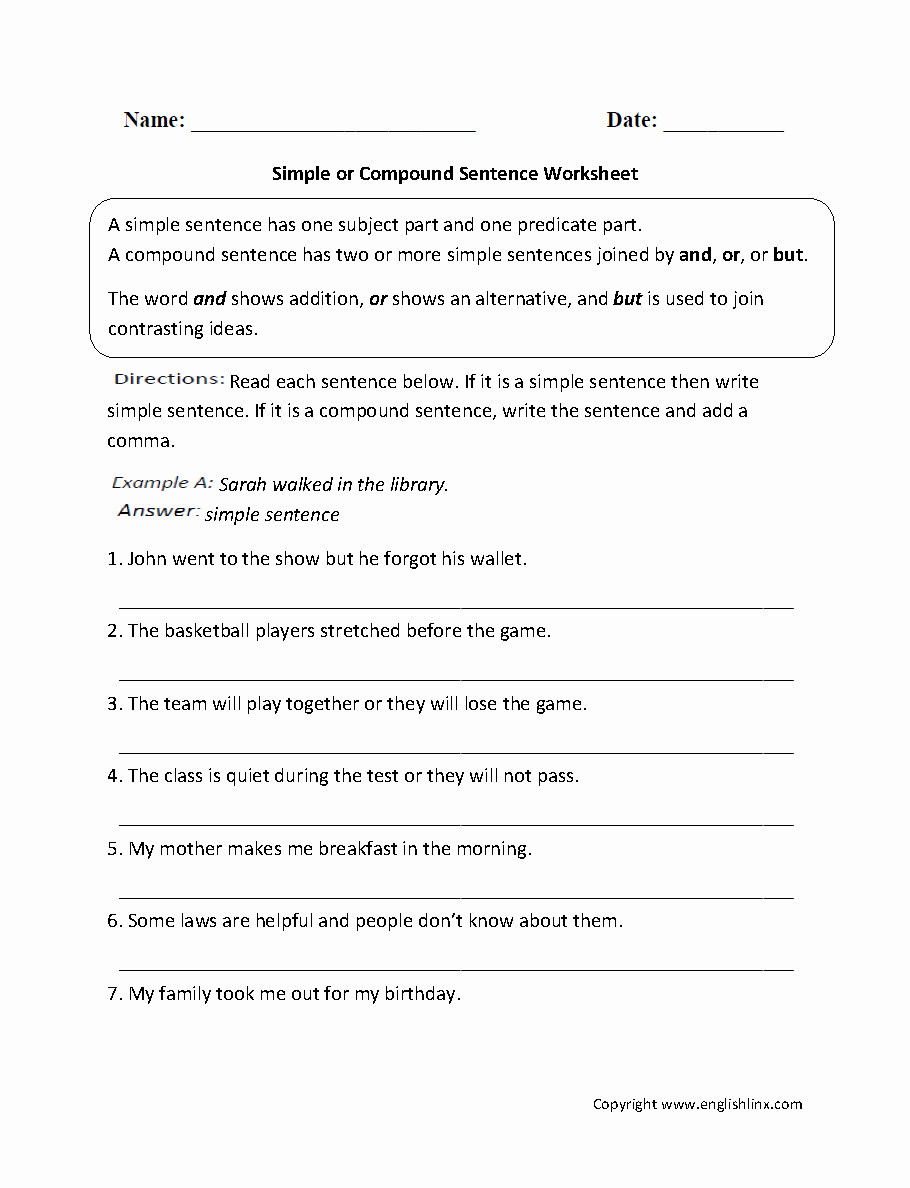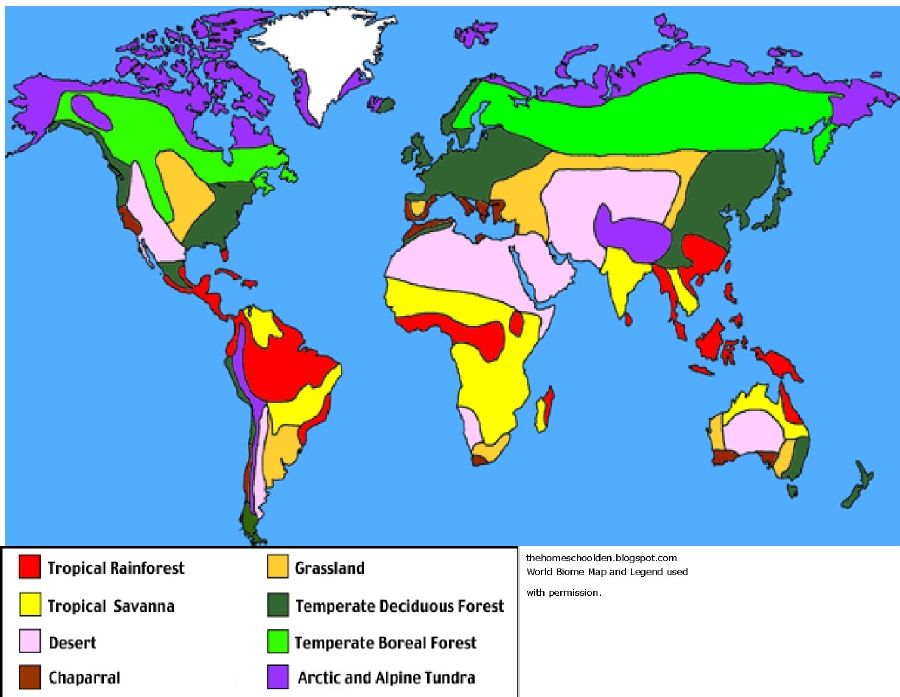Cub Scout Leave No Trace Principles Made Easy

Introduction to Leave No Trace Principles
As a Cub Scout, you’re likely to spend a lot of time outdoors, exploring nature and enjoying the great outdoors. However, it’s essential to remember that our actions can impact the environment and the wildlife that inhabits it. That’s where the Leave No Trace principles come in. In this article, we’ll break down the seven principles of Leave No Trace and provide practical tips on how to apply them during your outdoor adventures.
Principle 1: Plan Ahead and Prepare
Before heading out on your adventure, it’s crucial to plan ahead and prepare. This means researching the area, checking the weather forecast, and bringing the necessary gear. By doing so, you can minimize your impact on the environment and ensure a safe and enjoyable trip.
- Research the area: Learn about the local regulations, weather conditions, and potential hazards.
- Check the weather forecast: Plan your trip accordingly, and be prepared for changing weather conditions.
- Bring the necessary gear: Pack essentials like food, water, and a first aid kit.
Principle 2: Travel and Camp on Durable Surfaces
When traveling and camping, it’s essential to stick to durable surfaces like trails and designated campsites. This helps to prevent erosion and damage to vegetation.
- Stay on designated trails: Avoid taking shortcuts or wandering off into sensitive habitats.
- Use established campsites: Look for designated campsites, and avoid setting up camp in sensitive areas.
Principle 3: Dispose of Waste Properly
Proper waste disposal is critical when outdoors. Make sure to pack out all trash and recyclables, and dispose of human waste properly.
- Pack out all trash and recyclables: Bring a small bag or container to collect your trash and recyclables.
- Dispose of human waste properly: Use a portable toilet or dig a cathole at least 6 inches deep and 200 feet away from water sources.
Principle 4: Leave What You Find
It’s essential to leave the environment as you found it. Avoid picking plants, rocks, or other natural objects, and never litter.
- Avoid picking plants: Refrain from picking plants, flowers, or other vegetation.
- Don’t remove rocks or other objects: Leave rocks, fossils, and other natural objects in their place.
- Never litter: Pack out all trash and recyclables, and dispose of them properly.
Principle 5: Minimize Campfire Impacts
Campfires can have a significant impact on the environment. Make sure to follow local regulations and take steps to minimize the impact of your campfire.
- Check local regulations: Find out if campfires are allowed in the area, and follow any specific guidelines.
- Use a fire ring or pit: Contain your campfire in a fire ring or pit to prevent it from spreading.
- Keep your campfire small: Keep your campfire small and controlled to minimize its impact.
Principle 6: Respect Wildlife
When outdoors, it’s essential to respect wildlife and their habitats. Keep a safe distance, and avoid feeding or approaching wildlife.
- Keep a safe distance: Maintain a safe distance from wildlife to avoid disturbing them.
- Avoid feeding wildlife: Refrain from feeding wildlife, as this can disrupt their natural behavior.
- Never approach wildlife: Avoid approaching or touching wildlife, as this can be stressful for them.
Principle 7: Be Considerate of Other Visitors
Finally, it’s essential to be considerate of other visitors when outdoors. Be respectful of their space, and follow any rules or regulations.
- Be respectful of other visitors: Be mindful of other visitors, and avoid disrupting their experience.
- Follow rules and regulations: Familiarize yourself with local rules and regulations, and follow them accordingly.
🌟 Note: Remember to always follow local regulations and guidelines, and be mindful of your impact on the environment.
By following these seven principles, you can help minimize your impact on the environment and ensure a safe and enjoyable outdoor experience.
In summary, the Leave No Trace principles are an essential part of outdoor adventure. By planning ahead, traveling and camping on durable surfaces, disposing of waste properly, leaving what you find, minimizing campfire impacts, respecting wildlife, and being considerate of other visitors, you can help preserve the natural beauty of our environment for future generations.
What is the main goal of the Leave No Trace principles?
+
The main goal of the Leave No Trace principles is to minimize human impact on the environment and preserve the natural beauty of our surroundings.
Why is it important to stay on designated trails?
+
Staying on designated trails helps to prevent erosion and damage to vegetation, as well as protecting sensitive habitats and wildlife.
What should I do with my trash and recyclables when outdoors?
+
Make sure to pack out all trash and recyclables, and dispose of them properly in designated receptacles.
Related Terms:
- Leave No Trace Outdoor Code
- Cub Scout Outdoor Code
- Leave No Trace lesson plans
- Leave No Trace puzzle
- Cub Scout word search printable
- Leave No Trace hand signals



